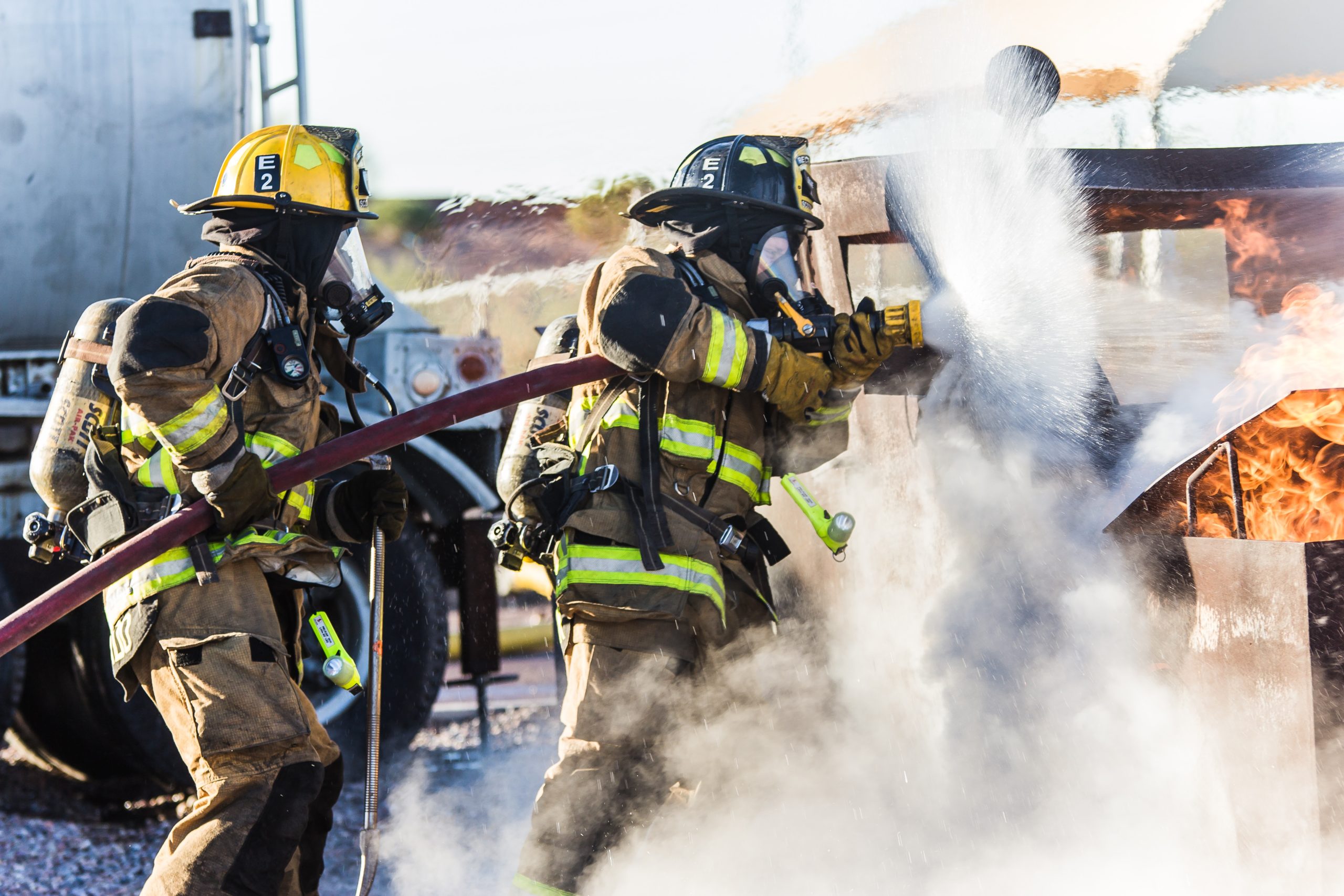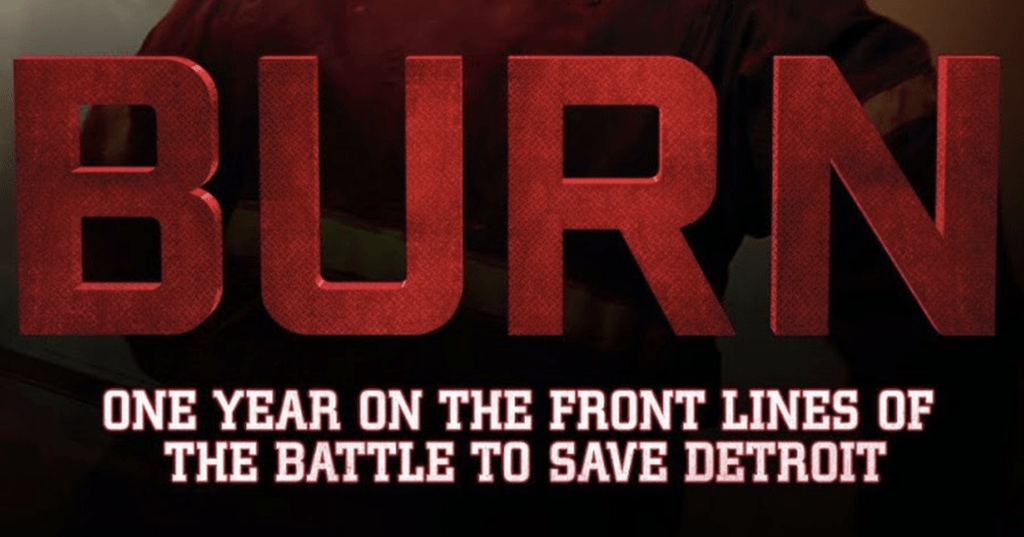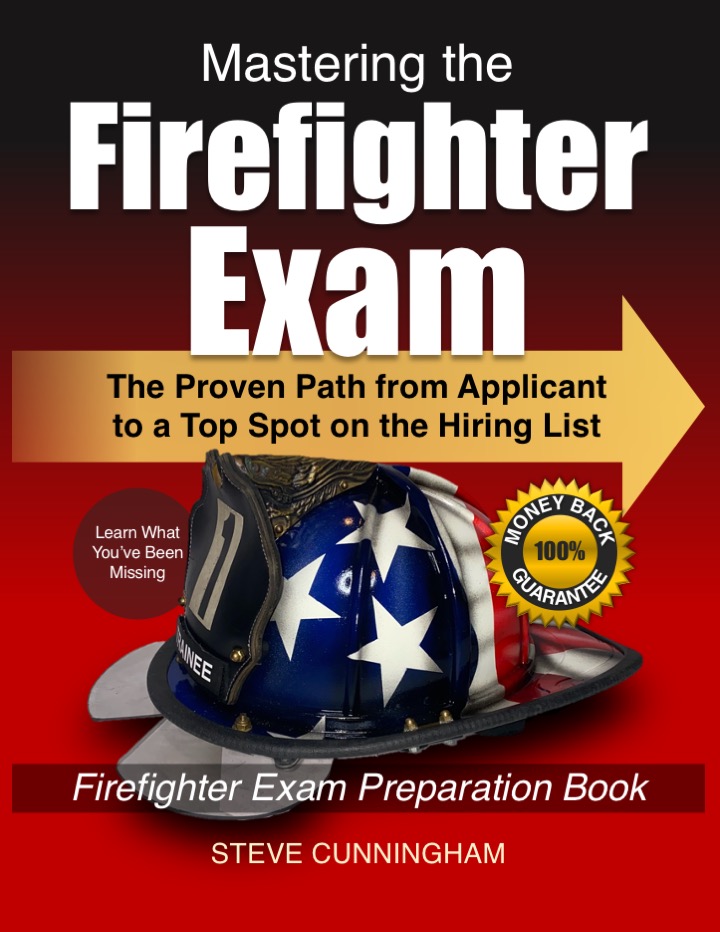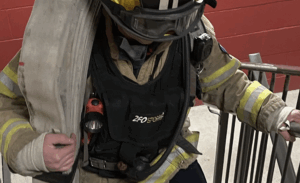Uncover Full-Time Firefighter pros and cons
Why is this important?
Understanding the pros and cons of a career firefighter empowers individuals to make well-informed decisions about pursuing this path.
Awareness of the demands and benefits of being a firefighter allows aspiring candidates to prepare mentally, physically, and emotionally for the role’s needs.
Read on so you can consider both the challenges and rewards, leading to greater job satisfaction and success.
Table of Contents
Here are some things you should know about being a Career firefighter
Firefighting is not a 9 to 5 job
- Full-time firefighters work a rotating 24- or 48-hour shift. Your shift might begin at 8:00 a.m. and end at 8:00 a.m. the following day or two days later.
- Firefighters work shifts that include nights, weekends, holidays, and overtime. This irregular schedule is necessary to provide round-the-clock emergency services.
- Firefighters typically work ten days each month, freeing them up to do other things on their off days. They may have a side job, care for their families, or even own and run a business.
- Most fire departments allow a limited amount of vacation days to be used throughout the year. Not everyone gets Christmas or the Fourth of July off.
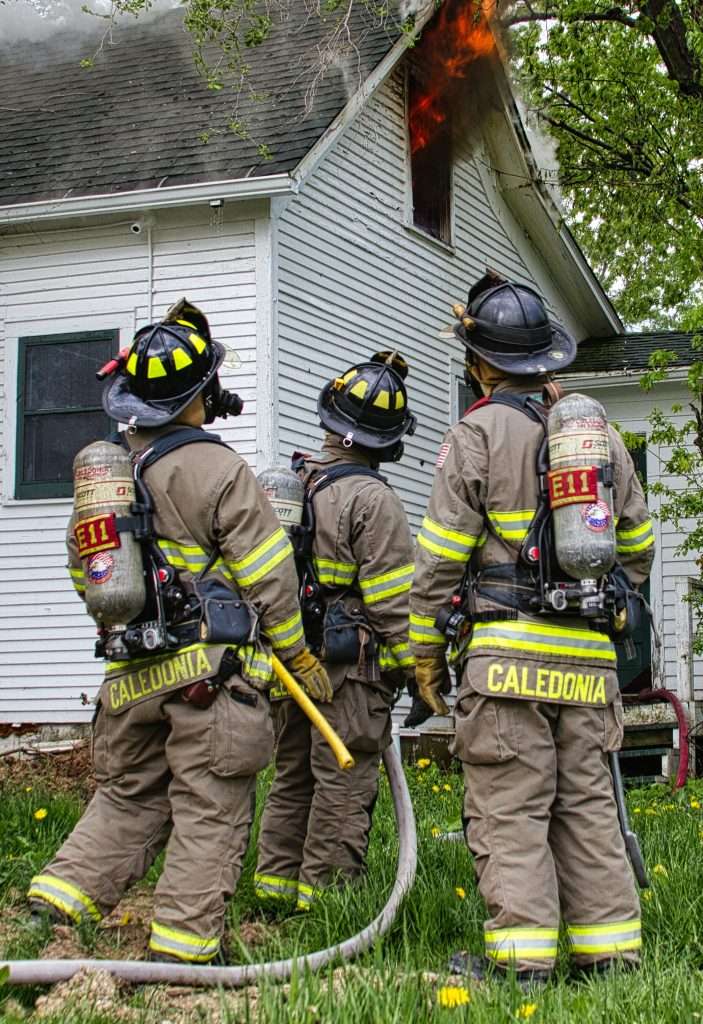

You must be in top physical shape
- To work effectively, firefighters must be in great shape – physically strong, flexible, and have muscular endurance.
- Firefighting is physically demanding, requiring strength, endurance, and agility to carry heavy equipment, climb ladders, and maneuver in challenging environments. Candidates should be prepared for rigorous physical jobs as well as training.
- Firefighter fitness is essential to combat fatigue when on the job. A firefighter may respond to numerous fires throughout a shift and must cope with tiredness.
- You need to be in shape to pass the physical test during the application period – but you’ll also be encouraged to stay fit once you are on the job.
Firefighting is a stable career
- Being a firefighter is a very stable, well-paying job with healthcare and retirement benefits that give you job security and peace of mind for you and your family.
- Firefighting is a long-term commitment. Candidates should be prepared to dedicate themselves to a career that often spans decades, with opportunities for advancement and specialization.
- Firefighters can retire at a younger age than other professional careers. Most departments offer competitive retirement packages.
- Although you won’t become a millionaire, the risk of a firefighter’s income decreasing is extremely unlikely. When the economy is booming – you’ll make what you make. When the economy is plummeting, you will still make what you’ve always made.
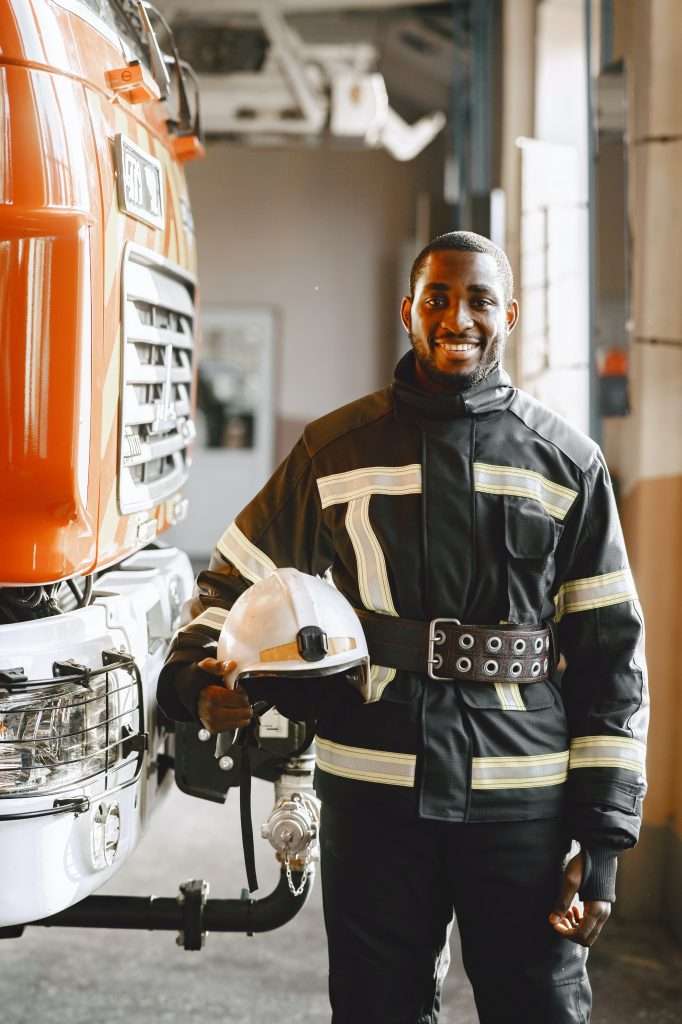
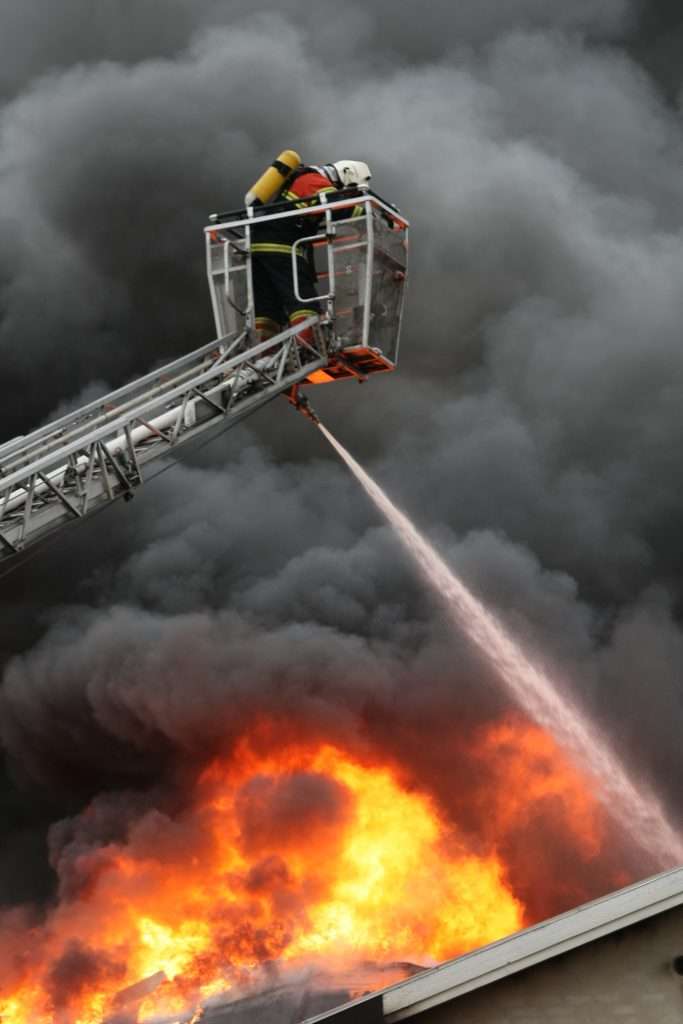
The work is challenging.
During a shift, you may respond to a variety of different incidents, such as:
- Structure fires include homes, garages, commercial properties, vehicles, trains, boats, and airplanes.
- Major medical emergencies include heart attacks, strokes, stabbings, shootings, drownings, fall injuries, vehicle accidents, or drug overdoses.
- Advanced technical rescues including rope, confined space, trench, building collapse, vehicle extrication, ice and water rescue.
- Hazardous materials emergencies include electrical, natural gas, flammable liquids, chemical, biological, and radiological releases.
- You will also get calls for things like water leaks in plumbing or a cat stuck in a tree.
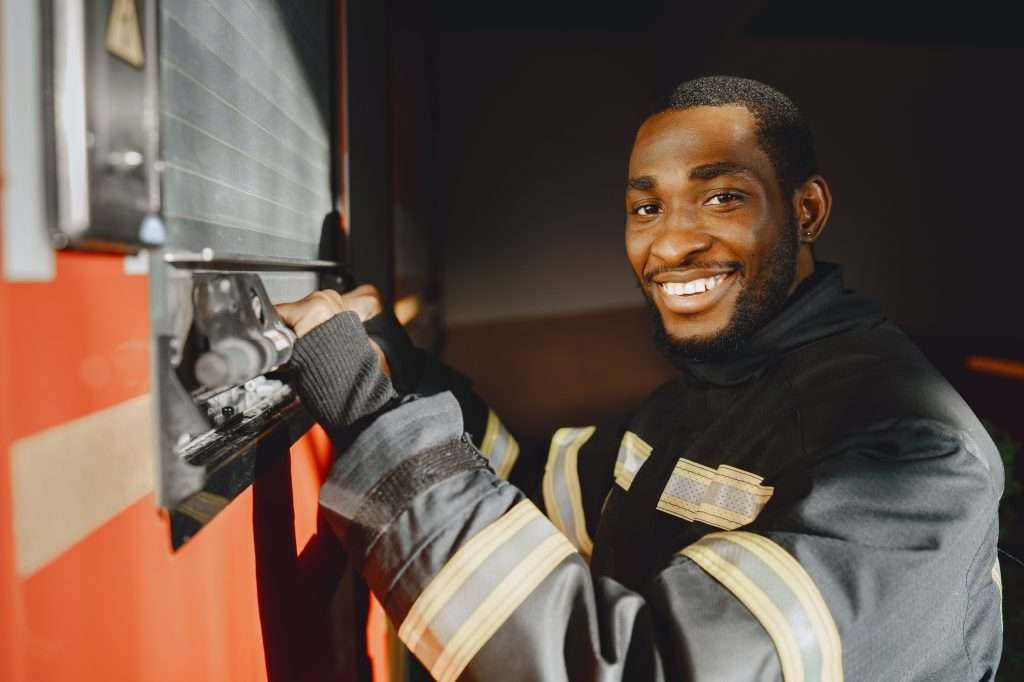
Positives of a career firefighter
- Firefighters are satisfied knowing their work directly benefits the community by saving lives, protecting property, and providing vital emergency services.
- The role of a firefighter is inherently meaningful. Every day, firefighters make a positive impact and contribute to the well-being of society.
- Firefighters form close-knit teams and build strong bonds with their colleagues. The camaraderie and mutual support foster a sense of belonging and unity.
- Firefighters are essential community members, ensuring a high level of job stability even during economic downturns.
- Firefighters are respected and admired for their bravery, dedication, and commitment to public safety.
- The food in the station is typically excellent.
- Everyone loves a firefighter.
Negatives of career firefighter
- Firefighting involves inherent risks, including flame exposure, hazardous materials, and potential structural collapses. Candidates should understand and be prepared to manage these risks.
- Firefighters are exposed to trauma and human suffering. Studies show higher rates of Post Traumatic Stress Disorder (PTSD) in firefighters.1
- Studies show that a high percentage of full-time firefighters suffer from a sleep disorder.2
- Firefighters work a random 24-hour rotating schedule, which includes weekends and holidays.
- Firefighting is an inherently risky profession that can worry your loved ones.
- Firefighters often take their work home with them.
- Firefighting is a physically demanding job that can take a toll on your body.
A Career Firefighter Has High Job Satisfaction
Ultimately, firefighters typically feel a high sense of job satisfaction and purpose because they make a difference in people’s lives. There’s nothing more rewarding than saving a life. Firefighters help people in their community – when they need it the most.
Firefighters have a lasting impact on the lives they touch. The ability to save lives and protect property carries immense responsibility and rewards. If you’re interested in learning about the fire department hiring process read my blog: The Fire Department Hiring Process: Unlocking Opportunities.
Know Where You Want to Work
Candidates interested in the fire service should thoroughly research the fire service and the fire department they are interested in, connect with current firefighters, and be fully aware of the challenges and rewards of the profession. It’s a calling that requires dedication, sacrifice and a genuine passion for making a difference.
The reality is that you may be spending years with the department that hires you first. As a result, it’s essential to get a feel for the culture of a fire department. The typical firefighter may spend 20-30 years working for the same fire department.
Is it a place that feels right for you? Identify your pros and cons. Consider the size of the department. Some city departments have 50-100 firefighters. You’ll get to know them all intimately. Other big city fire departments may employ thousands of firefighters, many of whom you will never meet in a 30-year career. Which do you prefer?
What type of education or certification is needed to become a career firefighter?
Did you know that most large metropolitan fire departments don’t require a college degree or advanced certifications to get hired?
The truth is that a candidate is hired based on their intelligence and physical ability. Once hired, new firefighters are typically sent through a recruit academy to be trained and certified to the level specific to their jurisdiction.
An advanced education (i.e., EMT and Firefighter I & II certification) may not be required to apply. However, having these certifications will make you stand out against your competition during the later stages of the assessment process. Want to learn more about firefighter requirements read my blog: Firefighter Hiring Requirements and Preferences Explained.
Understanding the Fire Service: Is it a Fit for You?
Most people learn about the fire service from television shows like Chicago Fire or Rescue Me or movies like Backdraft and Ladder 49. Firefighters may find themselves in the drama-filled scenes on these shows. More often, however, our real-life experiences are different.
Many of the scenes in Hollywood movies could never be captured during a real fire.
Searching for victims is usually accomplished by crawling on your hands and knees and feeling your way through a smoke-filled house. With most fires, the higher heat banks down from the ceiling and drives you to your knees. You literally can’t see your hand in front of your face. Filming in that environment would never be possible.
If you dream of becoming a professional career firefighter, you should first seek to understand what you’re getting into. Many candidates romanticize being a firefighter and impulsively take the test before doing the work to discover if it’s a career they truly want to commit to.
If you’ve done your homework and realize this is a job you’ll love, don’t hesitate. Put in the effort, work hard, be tenacious, focus on the goal, and get the job.
Movie Recommendation:
My favorite firefighting movie is the documentary film called Burn, which follows the challenging trials and tribulations of the Detroit Fire Department.
As the city population decreased, the lack of tax dollars and vacant buildings presented a severe fire service dilemma for the force.
It offers you a sneak peek into the real life of a firefighter, I recommend watching it.
The uniqueness of Every Fire Department
Each fire department is unique.
While the services they offer may be similar, the traditions and culture of each organization differ significantly. Typically, a department’s services are driven by the needs of their community and the diversity of the city’s business district and urban sprawl.
For instance, New York City’s fire department has an enormously diverse economy which ranges from residential to commercial high-rise buildings above and below ground transportation, and waterway commerce. In contrast, a smaller city department may provide some of these same services but to a much smaller scale. If you’re interested in learning how the fire service is structured read my blob: US Fire Departments and how they operate.
Common types of services provided by fire departments
Fire departments provide essential services to ensure public safety and respond to emergencies effectively. Some standard services provided by career firefighters include:
- Fire Suppression: Firefighters respond to fires, extinguishing flames and preventing the spread of fire to protect lives and property.
- Emergency Medical Services (EMS): Fire departments often provide advanced life support, administering medical care and transportation to individuals in medical emergencies.
- Rescue Operations: Firefighters specialize in various types of rescue, including vehicle extrication, confined space rescue, water rescue, high-angle rescue, and helicopter rescue.
- Hazardous Materials (Hazmat) Response: Firefighters are trained to handle hazardous materials incidents, including chemical spills, leaks, and exposures.
- Emergency Medical Care: Firefighters administer primary medical care such as CPR, first aid, and initial trauma assessment before paramedics arrive.
- Specialized Teams: Many fire departments have specialized teams, such as hazardous materials response teams, technical rescue teams, and urban search and rescue teams.
- Wildfire Suppression: In areas prone to wildfires, fire departments combat and manage wildfires, often collaborating with other agencies.
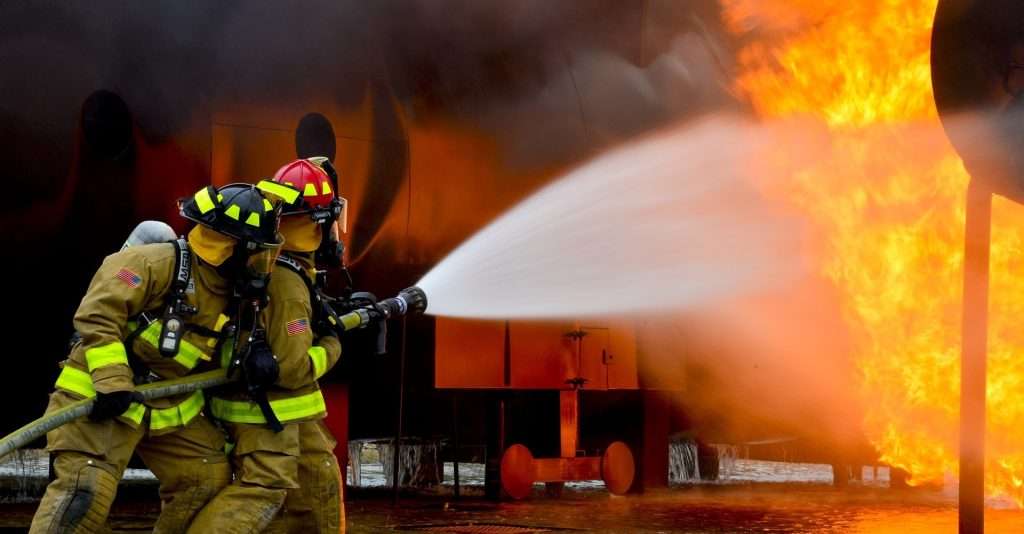
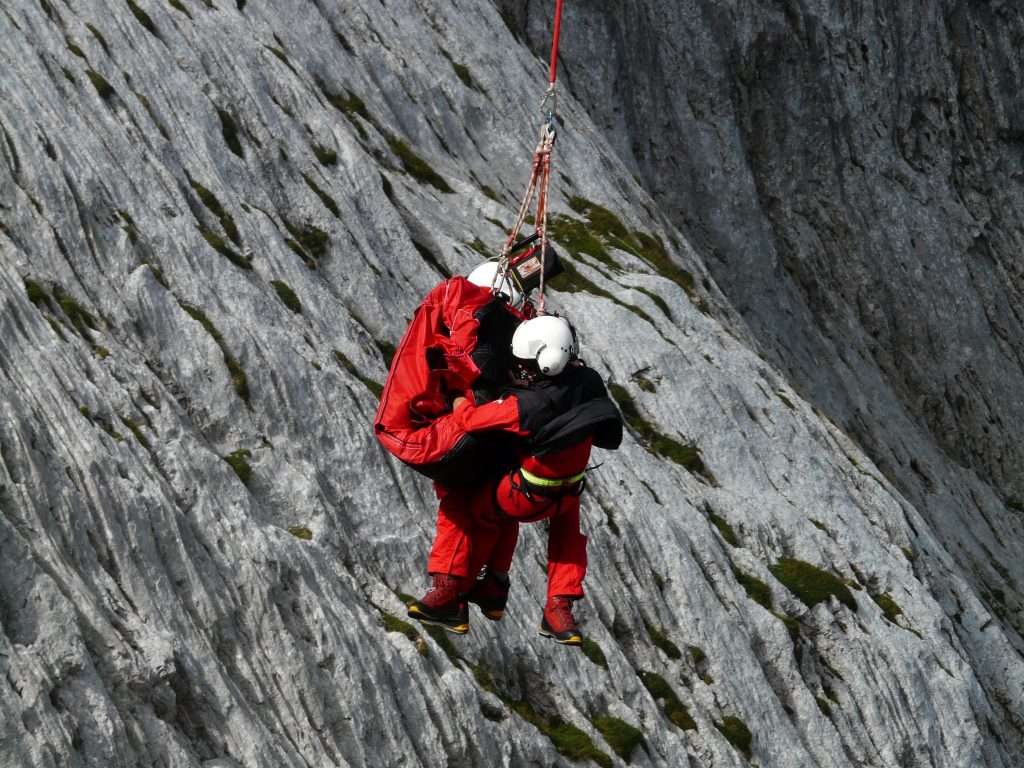

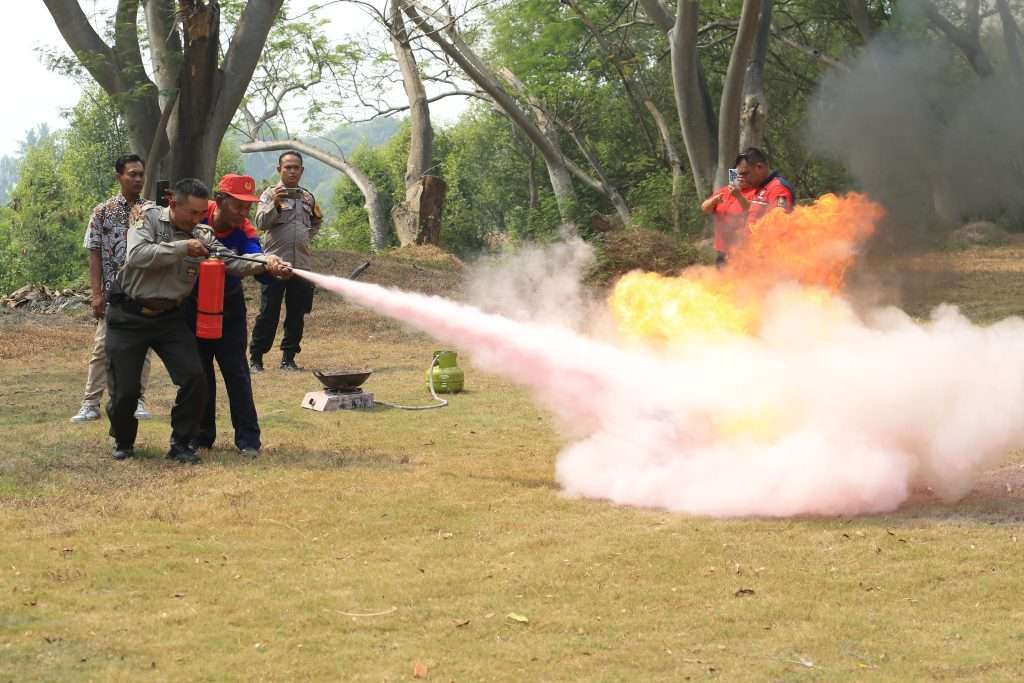
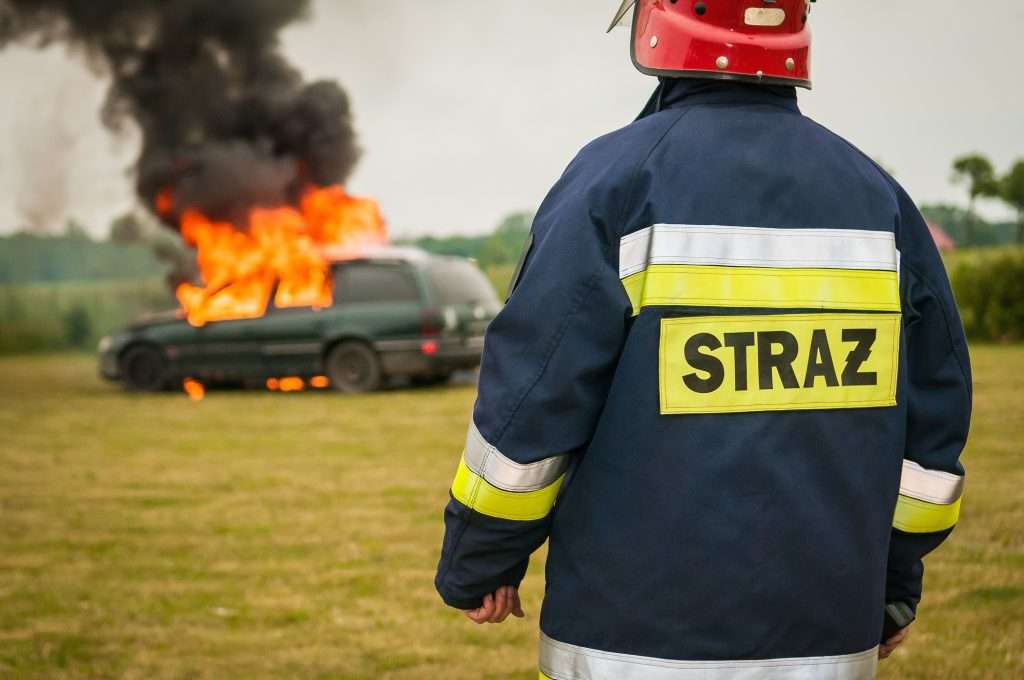
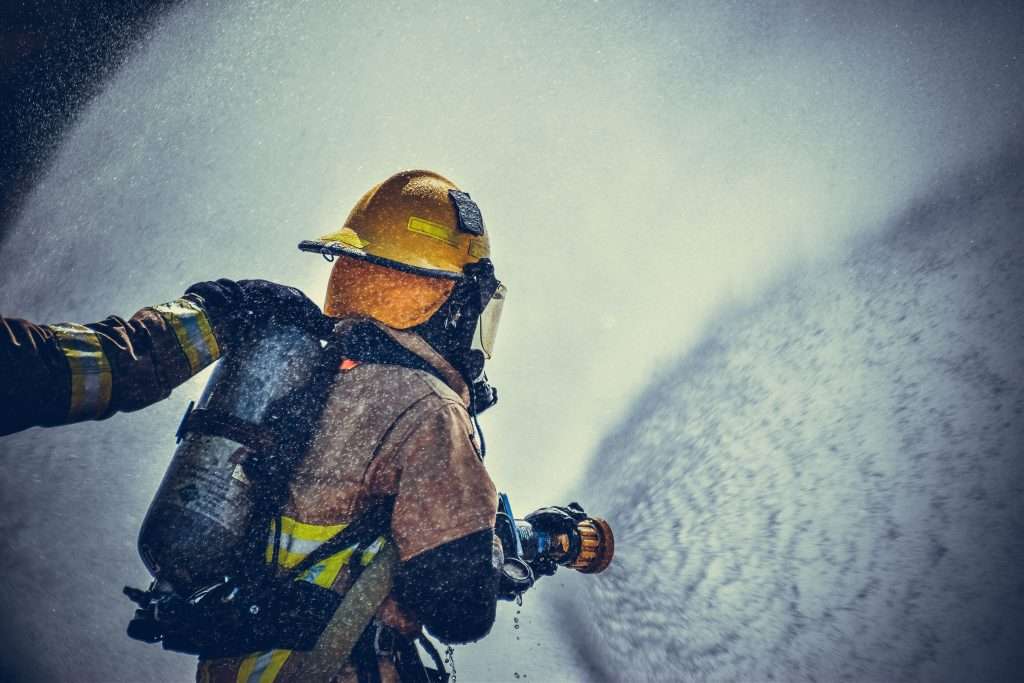
- Public Education: Fire departments conduct community outreach programs to educate the public about fire safety, disaster preparedness, and injury prevention.
- Fire Prevention and Inspections: Fire departments inspect buildings for fire code compliance, conduct safety drills, and offer guidance on fire prevention measures.
- Fire Investigation: After a fire, departments investigate the cause to determine whether it was accidental or intentional.
- Community Engagement: Firefighters engage with the community through events, open houses, and school visits to build positive relationships and foster trust.
- Public Assistance: Firefighters provide assistance during natural disasters, such as floods, earthquakes, and storms, helping with evacuations, search and rescue, and recovery efforts.
- Fire Safety Inspections: Firefighters inspect buildings for fire hazards, ensure compliance with fire codes, and recommend safety improvements.
- Crisis Intervention: Firefighters provide emotional support and assistance during traumatic incidents, such as accidents or medical emergencies.
- Training and Education: Fire departments continuously train their personnel in firefighting techniques, medical procedures, and emergency response protocols.
These standard services reflect the fire department’s commitment to public safety, rapid response, and community well-being. The variety of services underscores the multifaceted nature of the fire service and its role in protecting communities from a wide range of emergencies. If you’re interested in different career paths within the fire service read my blog: Specialized Firefighter Career Paths.
If firefighting is the career for you, here are the recommended next steps
- Research Fire Departments: Research and identify fire departments that align with your career goals, values, and location preferences. Explore their requirements, hiring processes, and any upcoming recruitment opportunities.
- Education and Certifications: Pursue the necessary education and certifications. Depending on the department, you may need certifications such as EMT, Firefighter 1 and 2, or even Paramedic. Enroll in reputable training programs and courses to enhance your qualifications.
- Physical Fitness: Maintain and improve your physical fitness. Regular exercise and training will help you meet the demanding physical requirements of firefighting, including strength, endurance, and agility.
- Volunteer or Intern: Consider volunteering or interning with a local fire department. This hands-on experience can provide valuable insights, networking opportunities, and a chance to demonstrate your dedication.
- Prepare for Assessments: Be ready for written tests, interviews, physical agility tests, and other assessments that fire departments may use during their selection process. Practice and review relevant skills and knowledge.
- Build a Strong Resume: Craft a well-organized resume highlighting your education, certifications, relevant work experience, and any volunteer or community service related to firefighting or emergency services.
- Network: Attend fire department events, workshops, and job fairs to network with firefighters and department representatives. Networking can provide valuable advice and connections within the industry.
- Apply Strategically: Apply to fire department openings that match your qualifications and career aspirations. Tailor your application and resume to showcase your relevant skills and experiences.
- Stay Informed: Stay updated on industry trends, news, and changes in firefighting practices. Being informed can help you make informed decisions and adapt to new developments.
- Stay Persistent: The selection process can be competitive and rigorous. Stay persistent, focused, and committed to becoming a firefighter. Be prepared for setbacks and continue to improve your skills.
Remember that the path to becoming a career firefighter can vary based on location, department requirements, and individual circumstances. It’s essential to remain dedicated, adaptable, and well-prepared throughout your journey.
Are you looking for a Full-time career firefighter job near you?
Go to: Unlocking Your Firefighting Future: 3 Easy Steps to Finding Job Openings Near You
Please visit the official websites of fire departments or government agencies in your desired location, as they have the most accurate and up-to-date job postings.
Helpful Tools for Your Research
Here you’ll find relevant Prep Worksheets for you to use to explore different fire department(s). The Data Collection Worksheet will prompt you to ask pertinent questions relevant to the assessment process. The intelligence you gather will help you develop an informed strategic plan.
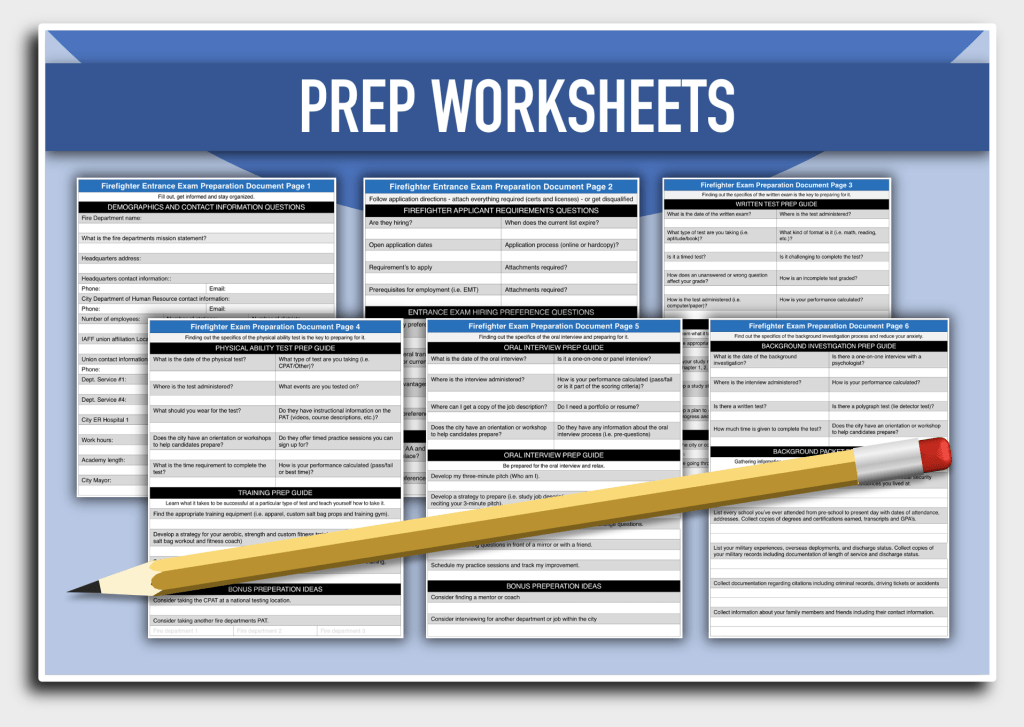
Complete the six worksheets for each department as part of your prep work. You may think this prep work isn’t important now, however, when you are sitting in an interview before a panel, you’ll be asked some difficult questions. You’ll be glad you did your research.
Career Firefighter Summary
Discovering how your dream fire department operates and serves the community benefits you in two ways:
- It helps you determine if it’s a place you’d like to work – or not.
- More importantly, it shows the hiring officer and oral interview panel how well you understand the department, its operations, and its services.
Key Takeaways
- Each fire department is unique.
- It would help if you had a clear understanding of what it’s like to be a firefighter.
- Know what department(s) you want to work for.
- Do your research on each fire department.
- Know which services the department provides and how it operates.
Learn How to Become a Firefighter: The #1 Resource
While online practice tests are invaluable, complementing them with a well-structured study guide can provide deeper insights and strategies.
Mastering the Firefighter Exam: The Proven Path from Applicant to Top Spot on the Hiring List serves as an essential companion in your preparation journey, offering:
- In-Depth Exam Strategies: Detailed approaches to tackle each section of the exam effectively.
- Insider Tips from Fire Service Professionals: Gain perspectives and advice from experienced firefighters to understand what departments seek in candidates.
- Comprehensive Hiring Process Overview: A step-by-step guide from application submission to the final interview, ensuring you’re well-prepared for each phase.
- Physical Fitness Preparation: Guidance on meeting the physical demands of the role, including CPAT (Candidate Physical Ability Test) preparation.
Incorporating this study guide into your preparation can significantly enhance your readiness and confidence.
Inside the book, you’ll find:
✅ Exclusive test-taking strategies to maximize your score.
✅ Breakdowns of every firefighter test section with practice exercises.
✅ Physical fitness prep tips to pass the CPAT with ease.
✅ Insider interview techniques to stand out from other candidates.

